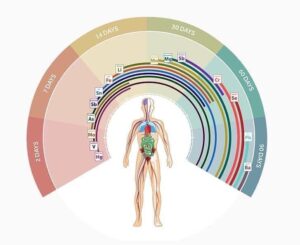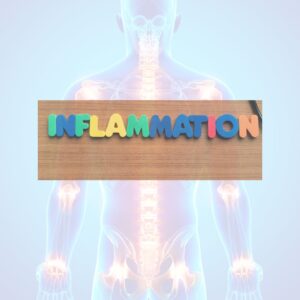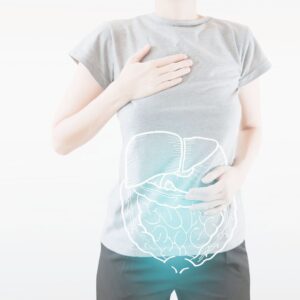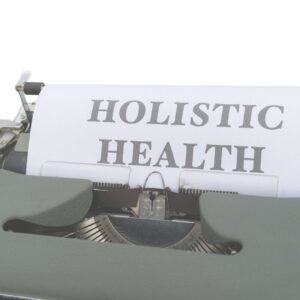Leaky Gut – What It Is, Where It Comes From, and Which Natural Remedies Help
What Is Leaky Gut?
The term Leaky Gut refers to a condition in which the lining of the intestinal wall becomes “leaky” or permeable. Normally, the gut lining acts as a selective barrier – allowing nutrients through while keeping out harmful substances, pathogens, and undigested food particles. In a leaky gut, this barrier is compromised, allowing unwanted substances to enter the bloodstream – which can lead to a wide range of health issues.
Possible Consequences of Leaky Gut
-
Chronic fatigue
-
Skin issues (eczema, acne, dermatitis)
-
Food intolerances
-
Autoimmune diseases (e.g., Hashimoto’s, rheumatoid arthritis)
-
Allergies
-
Depression or mood swings
-
Joint pain
-
Brain fog and poor concentration
What Causes Leaky Gut?
-
Unhealthy diet (sugar, gluten, alcohol, additives)
-
Antibiotics and certain medications
-
Heavy metals and environmental toxins
-
Chronic stress
-
Dysbiosis – imbalance in gut flora
-
Untreated infections (e.g., Candida overgrowth)
How to Identify Leaky Gut
-
Stool analysis by a practitioner (e.g., Zonulin level)
-
Food intolerance testing
-
Microbiome diagnostics
-
Exclusion diagnosis in cases of chronic, unexplained symptoms
What Helps? – Natural Remedies for Healing the Gut Lining
1. L-Glutamine
An essential amino acid that helps rebuild the intestinal lining and reduce inflammation.
2. Aloe Vera
Soothes and supports healing of the gut lining.
3. Psyllium husks & flaxseeds
Provide mucilage that coats and protects the gut lining while gently cleansing it.
4. Medicinal herbs like chamomile, licorice root, and myrrh
Reduce inflammation and promote gut lining regeneration.
5. Probiotics & prebiotics
Restore the gut flora and support the growth of healthy bacteria.
6. Zinc & Omega-3 fatty acids
Have anti-inflammatory effects and support the healing of the mucosal lining.
Conclusion
Leaky gut is treatable – if you address the root cause. Instead of just suppressing symptoms, the focus is on regeneration, protection, and gut relief. With the right natural remedies, patience, and mindful care, the gut lining can heal – helping the entire body return to balance.




